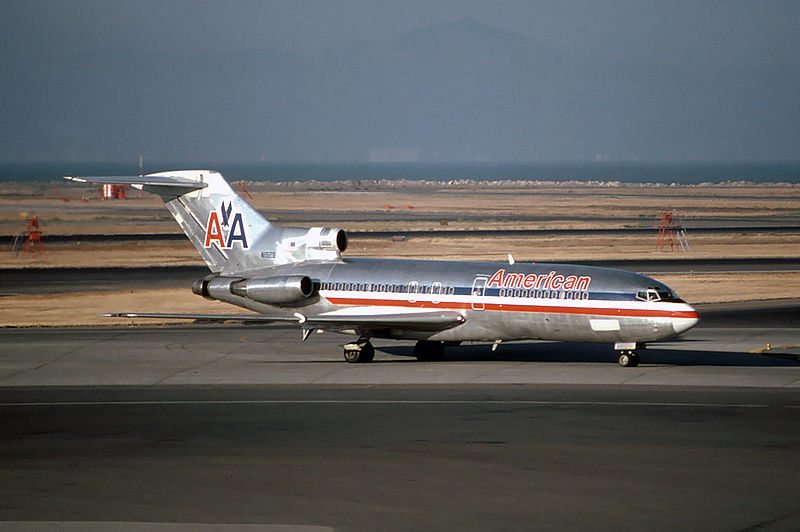American Airlines Biggest Failure in Aviation History
Companies make mistakes; some mistakes are more costly than others. Take Blockbuster Video for example, who turned down the chance to buy Netflix for $50 million in 2000. At the time, the price was far too high for Blockbuster to afford.
Hindsight is a wonderful thing, and Netflix is now worth $145 billion, while Blockbuster is left with just one token store globally. Yahoo, who failed to buy Google for $1 billion in 2001 (now worth over $800 billion), refused to be acquired by Microsoft in 2008 for over $44 billion, and Yahoo was eventually sold to Verizon for just over $4 billion.
In the case of American Airlines, well, they are still paying for their mistake nearly 30 years later. In terms of the aviation business, this was a substantial misjudgment.
In 1981, American Airlines realized that the metal birds that they make their revenue from required basic inputs such as fuel and staff. Unfortunately for American Airlines, they ran out of cash. Scraping for nickels to keep their fleet flying, the airline’s former President, Robert Crandall, wanted to cut costs dramatically and rebuild the airline from the ground up. With high-interest rates at the time, the airline thought of an alternative way to raise quick cash by offering unlimited First Class tickets for life, for $250,000 apiece.
Inflation-adjusted, these first-class tickets (known as the AAirpass) would cost approximately $570,000 in 2019, although American discontinued selling them in 1994 after getting only 28 customers to purchase them.
The issue that AA quickly discovered was, although consumers may not abuse an “Unlimited” option in many other areas, passengers could overuse air travel. Say you have unlimited soda at a restaurant, the majority of people still have physical limits to the amount of food and beverage they can consume.
When it comes to American Airlines first-class tickets, the customers buying the unlimited passes were more than willing to go the extra mile. The purchasers of the AAirpass were at a level beyond a frequent flyer, with stories of travelers using the pass to take as many as 10,000 flights per year, until American Airlines revoked its original promise, “an unlimited lifetime pass.”
A man named Jacques Vroom, who supposedly flew two million miles per year, was rumored to take flights to London and Paris to have lunch with a friend or to grab his favorite sandwich.
In 2007, American Airlines “Revenue Integrity Team” targeted the losses of the airline, and unsurprisingly, the AAirpass was unprofitable for decades. Vroom and Rothstein had their “unlimited” passes revoked with American, claiming “fraudulent activity.”
Sometimes the card owners would lend seats to people in need to travel. Then, after the customer’s cards were revoked, they would have to switch to other carriers like United and Delta.
This failure shows that when people get desperate, they can make big mistakes, which could hurt them in the long run. To make sure that a business can stay alive and healthy, the company must use strategy and look into the future and see the outcome of their ideas.

Harrison is a senior and is excited for his fourth year at the Harriton Banner. In addition to the Banner, Harrison also runs the Business Journal for...



